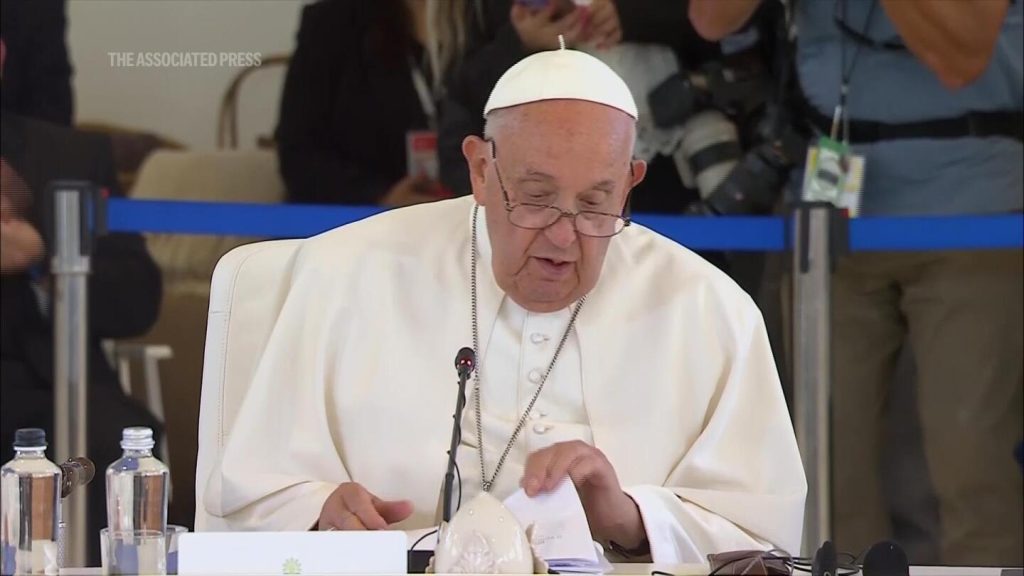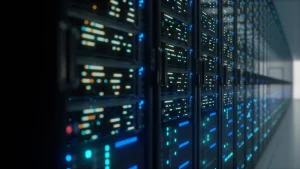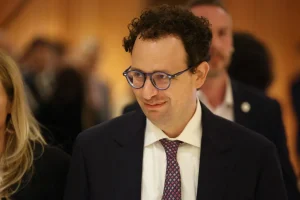Pope Francis Addresses AI Concerns at G7

Pope Francis made history by becoming the first pontiff to address the Group of Seven (G7) on the topic of artificial intelligence (AI). His speech was a call to action, urging the leaders of the wealthy democracies to prioritize human dignity in the development and use of AI.
The Pope’s message was clear and urgent. He warned that AI’s powerful capabilities could reduce human relationships to mere algorithms if not carefully managed. He emphasized the importance of making sure that human decisions are always made by humans, not machines.
Pope’s Historic Speech
Pope Francis became the first pope to address the Group of Seven (G7) on the topic of artificial intelligence (AI). He spoke to the leaders of the world’s wealthy democracies on Friday, emphasizing the need to keep human dignity at the forefront of AI development and use.
The Pope warned that powerful AI technology could turn human relations into mere algorithms. He urged politicians to take the initiative in ensuring AI remains human-centric. Politicians, he said, should make sure that human decisions are always made by humans, not machines.
Human Dignity in AI Development
Pope Francis stressed the importance of placing human dignity at the center of AI development. He expressed concerns about the potential dehumanization that AI could bring to society. “We cannot allow the algorithms to undermine what it means to be human,” the Pope stated.
The Pope’s message was clear: AI should serve humanity, not the other way around. He called for ethical guidelines to be established to govern AI practices. These guidelines should ensure that AI is used to enhance human life and not to replace human judgment.
Francis emphasized that while AI has the potential to greatly benefit society, it also poses significant risks. “With great power comes great responsibility,” he added, highlighting the need for careful consideration and regulation.
AI and Human-Centric Policies
The Pope called on global leaders to develop policies that prioritize human-centric AI. These policies should include measures to protect individuals’ rights and ensure fair treatment in the digital age.
He encouraged leaders to foster international cooperation in creating a framework for AI regulation. This cooperation should focus on promoting transparency, accountability, and inclusivity in AI systems.
Furthermore, the Pope urged for a collective effort to address the potential social and economic impacts of AI. He warned against the exclusion of marginalized communities from technological advancements.
Balancing Innovation and Ethics
Pope Francis acknowledged the benefits of AI technology but stressed the importance of balancing innovation and ethics. He urged for a cautious approach to AI development.
He highlighted the dangers of algorithms making decisions that affect people’s lives. “We must not allow technology to dictate the terms of our humanity,” the Pope warned.
Francis called for a moral framework to guide AI innovation, ensuring that it aligns with human values and ethical principles. This framework should promote the common good and respect for human rights.
Political Responsibility
The Pope emphasized the responsibility of politicians in shaping AI policies. He insisted that leaders must ensure that AI development is guided by ethical considerations.
He argued that politicians have a duty to protect citizens from the potential harms of AI. This includes preventing the misuse of AI technology and safeguarding human rights.
Call for Ethical Guidelines
Pope Francis reiterated his call for ethical guidelines to govern AI. He stressed the need for a global consensus on AI regulations.
He highlighted the role of religious and ethical leaders in shaping these guidelines. Their input, he said, is crucial in ensuring that AI development respects human dignity and moral values.
Concluding Thoughts
In his landmark speech, Pope Francis set a precedent for future discussions on AI and ethics. His message resonated with the need for human-centric AI development and ethical oversight.
The Pope’s address to the G7 leaders marked a significant moment in the discourse on AI, emphasizing the importance of human dignity and ethical responsibility.
In conclusion, Pope Francis’s address to the G7 leaders highlighted the pressing need for ethical oversight in AI development. His emphasis on human dignity and the potential risks of dehumanization struck a chord with the global community. The Pope’s call for human-centric policies and international cooperation underscores the importance of balancing innovation with moral responsibility. As AI technology continues to evolve, the Pope’s message serves as a crucial reminder to prioritize humanity over algorithms.





